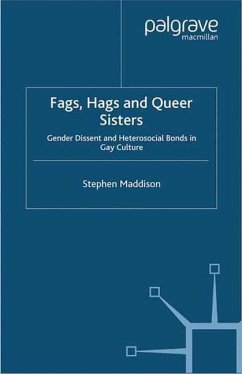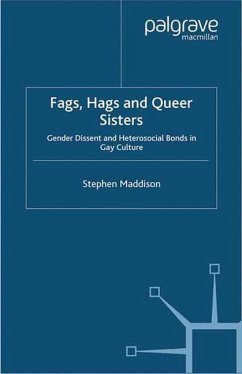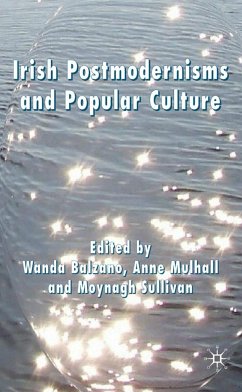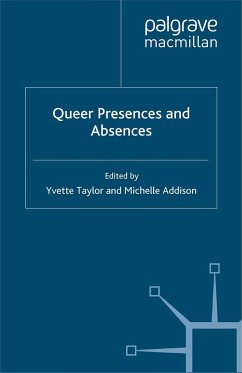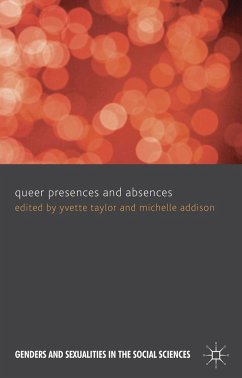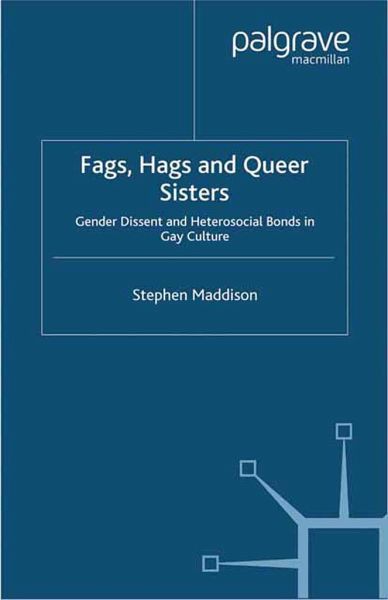
Fags, Hags and Queer Sisters
Gender Dissent and Heterosocial Bonding in Gay Culture
Versandkostenfrei!
Versandfertig in 6-10 Tagen
38,99 €
inkl. MwSt.
Weitere Ausgaben:

PAYBACK Punkte
19 °P sammeln!
Fags, Hags and Queer Sisters is a provocative account of the importance of women and cross-gender identification in gay male culture. It offers a range of cultural readings from Tennessee William's classic A Streetcar Named Desire and Forster's 'gay' novel Maurice through Pulp Fiction , queer lifestyle magazines, Roseanne , slash fan fiction and Jarman's Edward II to Almodovar's camp classic Women on the Verge of a Nervous Breakdown . Theoretically sophisticated, yet passionate, accessible and opinionated, Fags, Hags and Queer Sisters takes issue with many of the sacred cows of contemporary ga...
Fags, Hags and Queer Sisters is a provocative account of the importance of women and cross-gender identification in gay male culture. It offers a range of cultural readings from Tennessee William's classic A Streetcar Named Desire and Forster's 'gay' novel Maurice through Pulp Fiction , queer lifestyle magazines, Roseanne , slash fan fiction and Jarman's Edward II to Almodovar's camp classic Women on the Verge of a Nervous Breakdown . Theoretically sophisticated, yet passionate, accessible and opinionated, Fags, Hags and Queer Sisters takes issue with many of the sacred cows of contemporary gay politics, and offers a number of new concepts in lesbian and gay theory.





